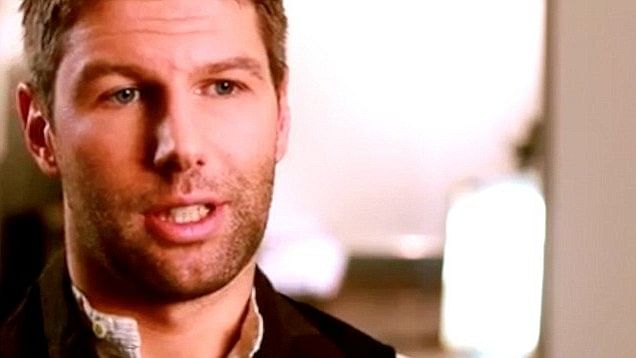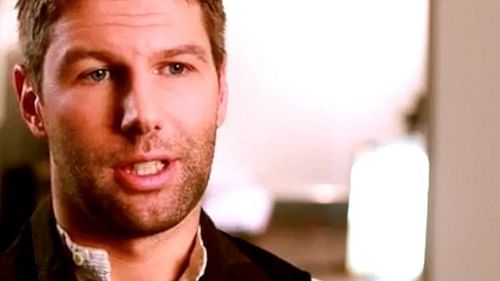
Homosexuality in Football: Still a taboo?

Thomas Hitzlsperger
“I was never ashamed of being who I am but it was not always easy to sit on a table with 20 young men and listen to jokes about gays. Being gay is a topic that is ‘ignored’ in football and not ‘a serious topic in the changing room.”
Retired German footballer Thomas Hitzlsperger’s recent interview with Die Zeit, sums up a lot of what is wrong with professional football today. Hitzlsperger is the first high profile footballer to make the courageous admission, a move which according to overwhelming ‘support’ in Germany, is a landmark in furthering much needed deliberation on homosexuality in professional football.
What is intriguing is the sudden media uproar over one footballer declaring his sexual orientation. The fact is, football is a common man’s game unlike tennis, where Martina Navratilova and Billie Jean King coming out of the closet were treated with respect and compassion. Football has never had a major example to set a benchmark, the two significant ones coming by former Leeds player Robbie Rogers, and Swedish third division footballer (literally in footballing oblivion) Anton Hynes.
The last time an English footballer tried to make a similar admission was Justin Fashanu, a promising teenager who plied his trade for various clubs in England. But after repeated abuse, emotional torture and overwhelming circumstances (of being accused of sexually harassing a 17 year old boy, abused by his own manager Brian Clough and his family’s complete refusal to accept his orientation), Fashanu eventually committed suicide by hanging himself in a garage in East London.
Hitzlsperger in that regard has a significantly higher profile- he has been capped 52 times by Germany, has won the German league with Stuttgart, has played in the English league and has featured in a World Cup and the European Championships.
Hitzlsperger’s decision gains added significance considering the relative silence maintained by FIFA over the issue of homosexuality. In 2010, BBC approached all 20 premier league managers for their opinions on homosexuality. All twenty of them declined the offer. On the other hand, when a renowned manager did agree to speak out, Luiz Felipe Scolari went on record during the 2002 World Cup to say he would have thrown a gay player out of his team.
The administrative framework in England though seems to be taking a turn for the better, thanks to a crucial judgement passed by the FA in 2007, banning homophobic chanting at football stadiums. Some clubs have gone a step further in a bid to take up the fight against homophobia- Tottenham Hotspur have introduced a mechanism that allows fans to report anti-gay chants, Liverpool hosted the Liverpool vs Homophobia football tournament in early 2012.
The bright spots kept aside, the situation does look rather grim everywhere else. Zenit St. Petersburg’s infamous “Landscrona” (a publication by a set of the club’s radical fans, which urge the club to not sign black, Muslim or gay players) is an extreme example. In that dreary context Hitzlsperger’s announcement seems heroic, but the fact remains that he only decided to speak a few months after his retirement last September.
He himself stated that he wanted to make his orientation clear during his playing spell at Wolfsburg, but was strictly advised against doing so as his club feared public backlash. Clubs, more than anyone, know that a well known footballer is not just a player but a commercial entity, and a declaration of that sort could damage the player’s commercial market value.
Hence, in spite of the significant media coverage, some harsh questions need to be asked. Is it actually safe for an active professional footballer to openly acknowledge his homosexuality? Also, doesn’t this “support” and coverage make homosexuality an ordeal rather than a natural choice? Morgan Freeman once said in an interview, that the only way to stop racism “is to stop talking about it.”
One wonders, if that would help, but either way, homophobia doesn’t deserve a place in the beautiful game.